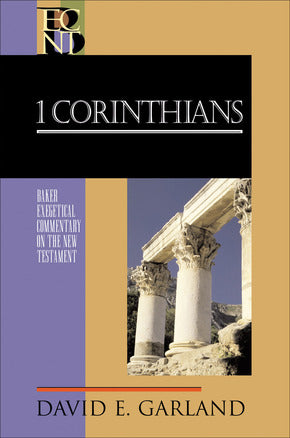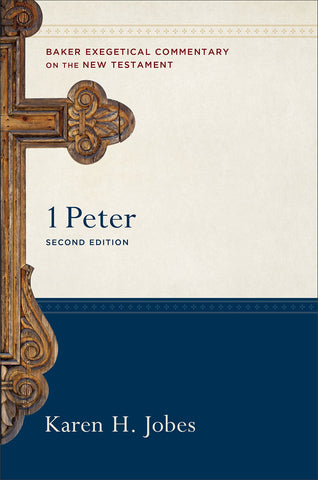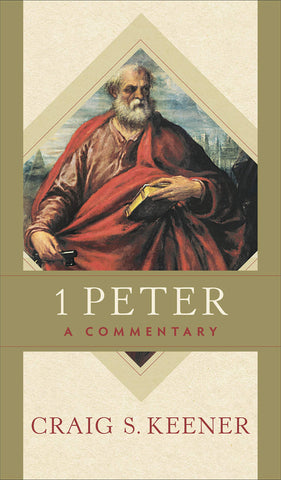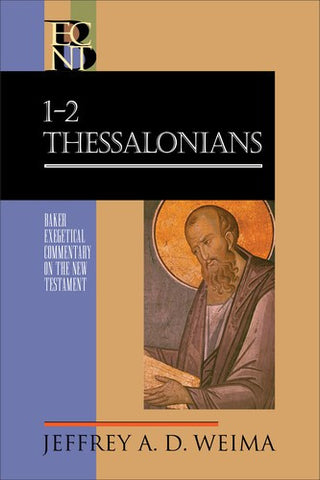
Biblical Reasoning Christological and Trinitarian Rules for Exegesis PB
By: R. B. Jamieson, Tyler R. Wittman| Product Details | |
|---|---|
| Publisher | Baker Academic |
| Year | 2022 |
| ISBN | 9781540964670 |
Biblical Reasoning shows how Christology and the doctrine of the Trinity are grounded in Scripture and how knowledge of these topics is critical for exegesis. It focuses on the continuity of Scripture's judgments with later doctrinal formulations, promoting a mutually informative relation between exegesis and theology born from attention to Scripture's primary acting subject: God revealed in Christ.
The authors explain that evangelical theology still maintains too sharp a divide between reading Scripture and formulating doctrine. A necessary means for overcoming this divide is attending to the grammar of Scripture's speech about Christ and the Trinity. Biblical Reasoning outlines key theological principles and rules for the exegesis of Christian Scripture. The authors explore how the triune God revealed in Christ shapes Scripture and its readers and how doctrinal rules intrinsic to Scripture help guide exegesis. The goal of biblical reasoning is the goal of Scripture itself: to shape readers into disciples who pursue the vision of the triune God in Christ.
Biblical Reasoning helps readers understand that theology should be more exegetical than many theologians think, and that exegesis should be more theological than many exegetes allow. It enables students to integrate what they learn in their biblical studies and systematic theology classes, making it an ideal textbook for hermeneutics and interpretation courses.
Contents
Introduction: Theology for Better Exegesis
Part 1: Biblical Reasoning
1. Seek His Face Always: The End of Biblical Reasoning
2. The School of Christ: The Pedagogical Context of Biblical Reasoning
3. The Curriculum of Christ: The Source and Practice of Biblical Reasoning
Part 2: Christological and Trinitarian Rules for Exegesis
4. Worthy Are You: Understanding Scripture as Honoring God
5. The Lord Is One: The Trinity's Unity and Equality in Scripture's Twofold Discourse
6. Varieties of Activities but the Same God: The Trinity's Inseparable Operations and Scripture's Appropriation
7. One and the Same: The Unity of Christ and Scripture's Communication of Idioms
8. Greater Than Himself and Less Than Himself: Christ's Two Natures and Scripture's Partitive Discourse
9. God from God: From Missions to Processions
10. Putting the Rule-Kit to Work: Reading John 5:17-30
Conclusion: From Glory to Glory
Appendix: Table of Principles and Rules
Indexes
Endorsements
"God's self-presentation to us in Scripture is the path to God's self-presentation to us in the beatific vision. For this reason, biblical interpretation is never merely a matter of attending to the various historical, literary, and theological features of the text. If biblical interpretation is to fulfill its divinely appointed end, we must learn to recognize the face of God in Holy Scripture (Ps. 27:8). In this profoundly learned, instructive, and helpful work, Bobby Jamieson and Tyler Wittman outline and exemplify a number of well-tried exegetical principles and tools for discerning in Scripture the glory of God in the face of Jesus Christ. This is a book of generational significance that deserves to be read by all teachers and serious students of the Bible."
Scott R. Swain, president and James Woodrow Hassell Professor of Systematic Theology, Reformed Theological Seminary, Orlando, Florida
"This book is an invitation to another book: Holy Scripture. In Biblical Reasoning, Jamieson and Wittman make what might be called an exegetical confession: Scripture is God's word that reveals and redeems to the end that readers are brought into relationship. God speaks so God's creatures finally see God. Trinitarian and christological doctrine, in this economy, is not a movement away from the biblical texts but rather the theological grammar that flows from and returns the reader to the canonical voice of God, the Father who sends the Son and the Spirit. Tolle lege, tolle lege: take up and read this book, for the sake of taking up and reading the other one."
Jonathan A. Linebaugh, associate professor, University of Cambridge; fellow, Jesus College
"Theology needs to be exegetical and contemplative, though a whole host of pressures draw attention elsewhere. Biblical Reasoning helps alert us to where we should focus and equips us to do so with competence and care. I hope it's read widely by students and those who long to go back to school with the Scriptures."
Michael Allen, John Dyer Trimble Professor of Systematic Theology, Reformed Theological Seminary




